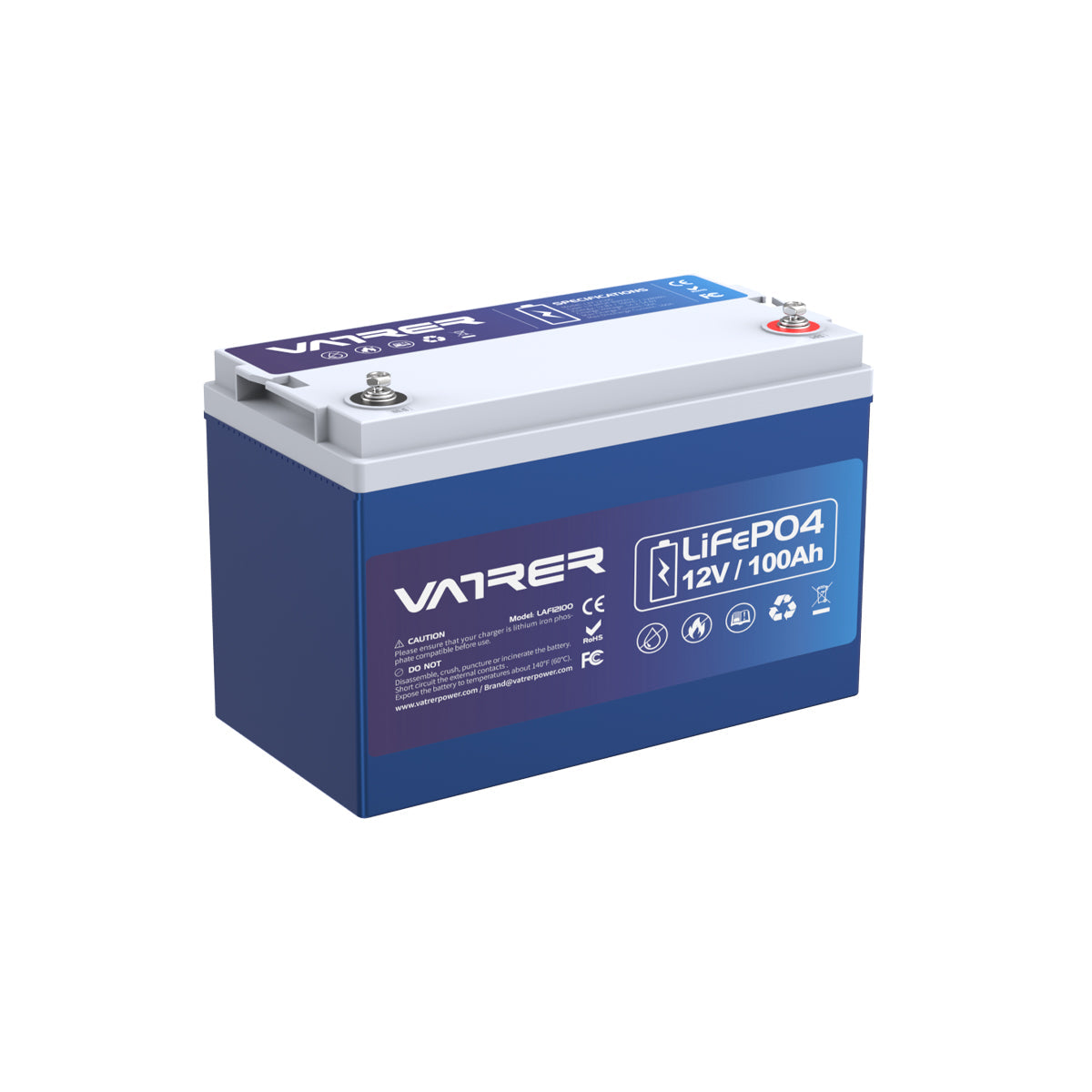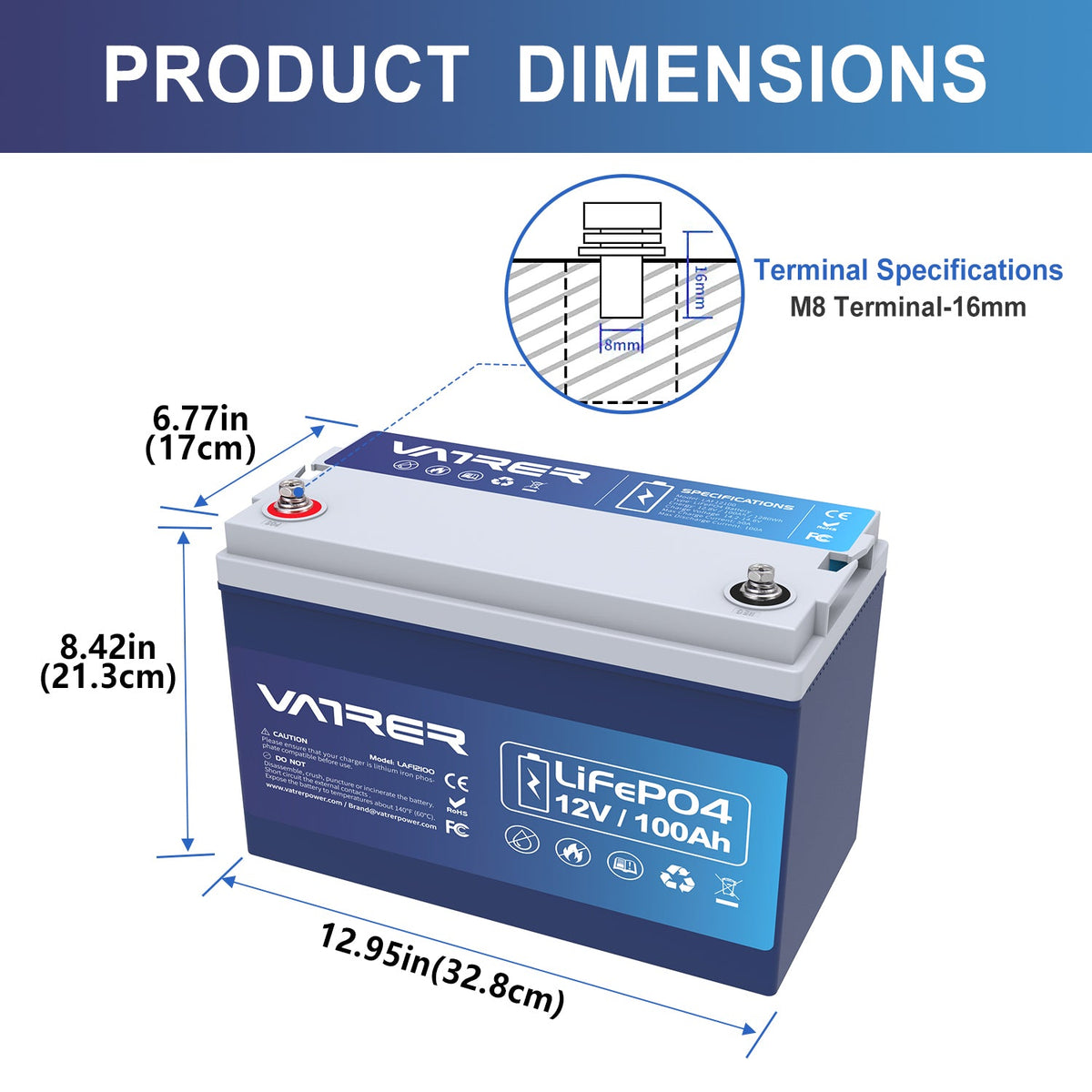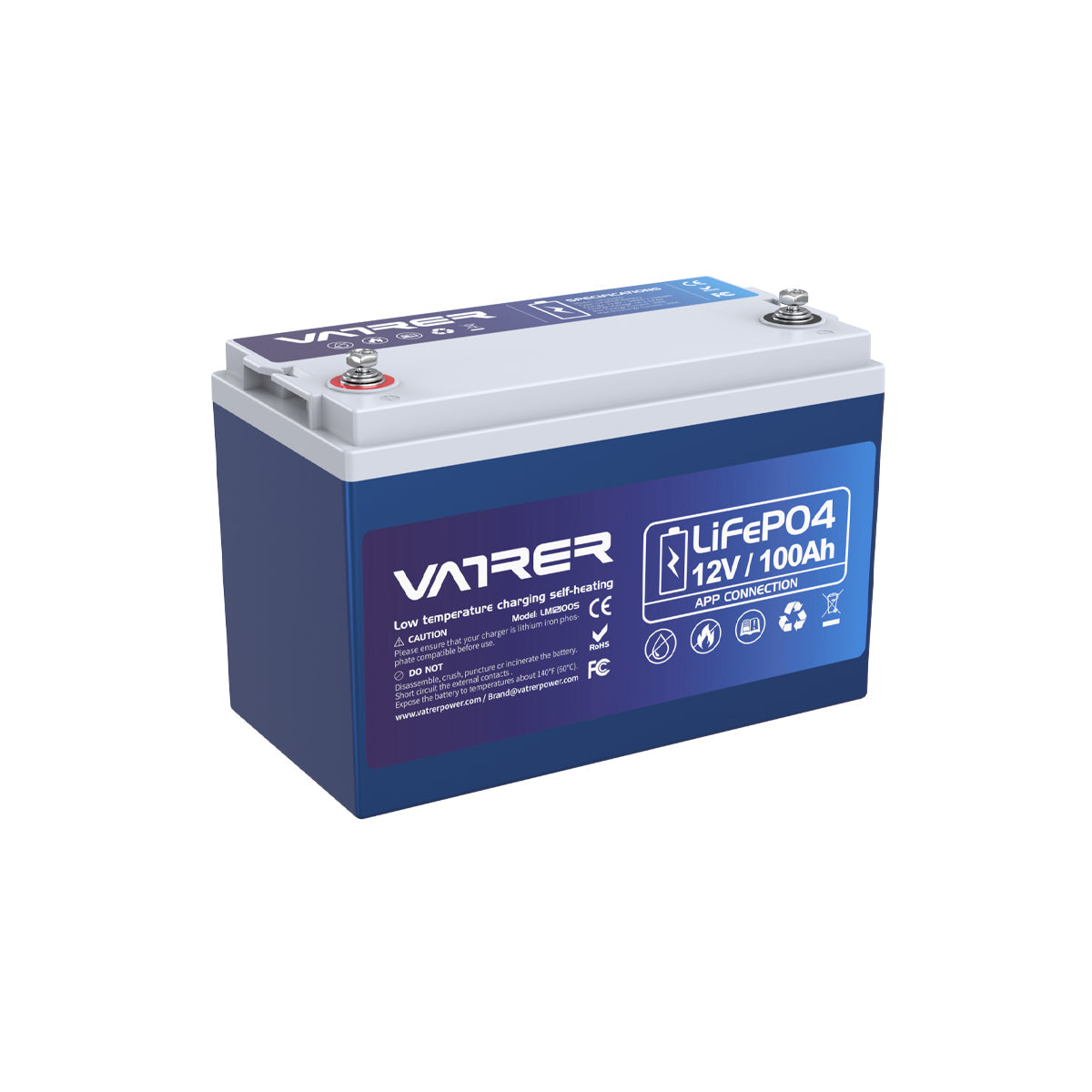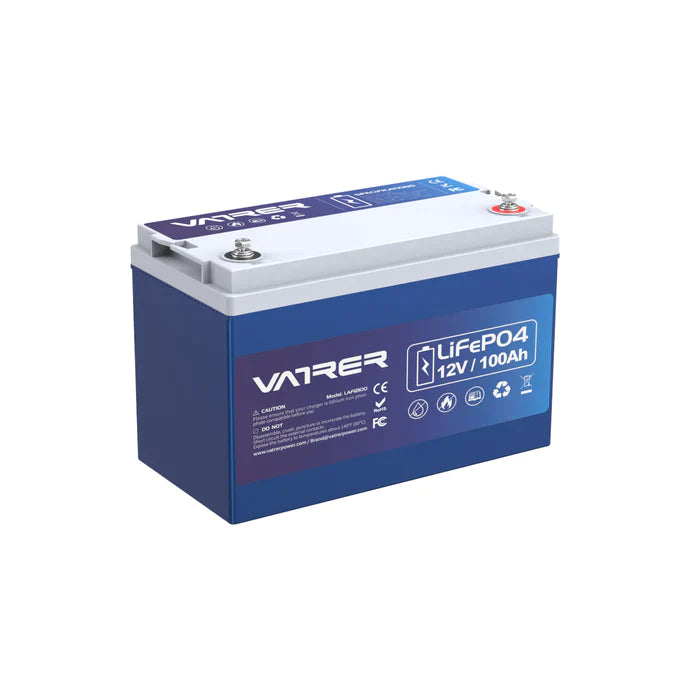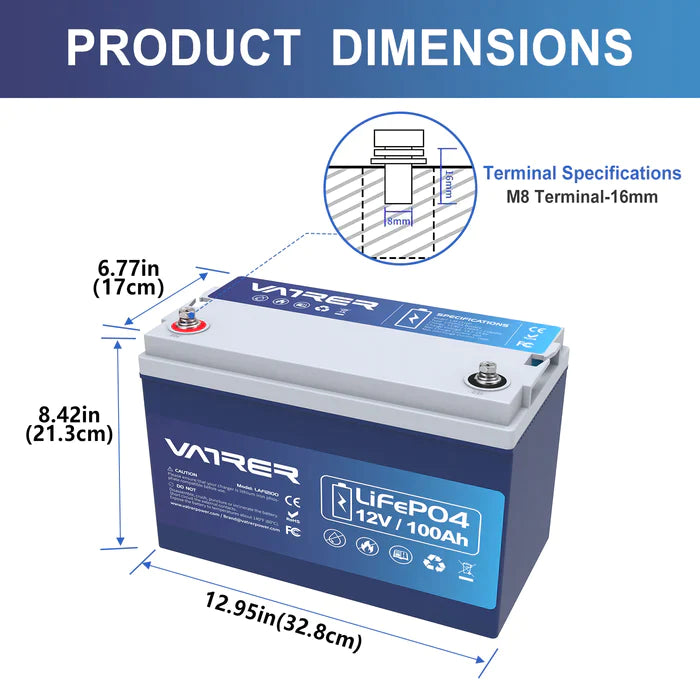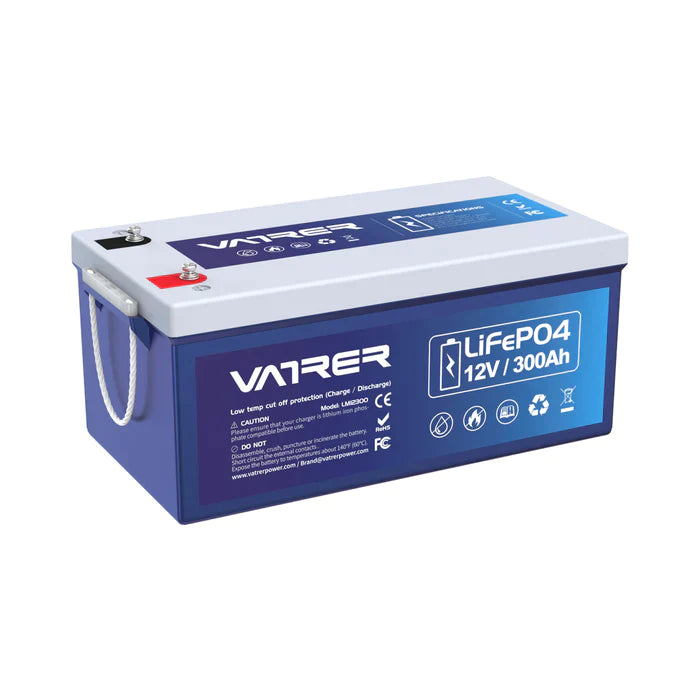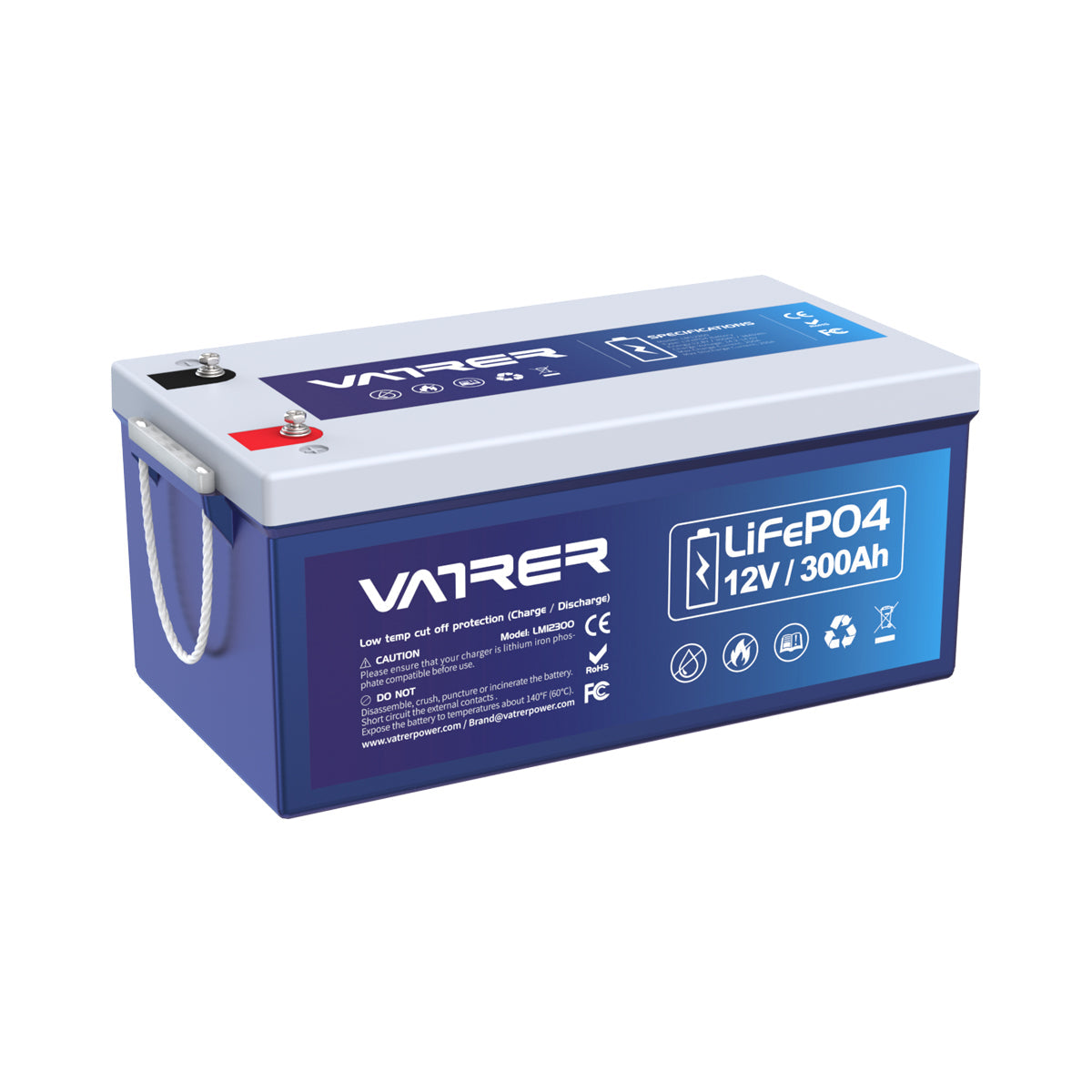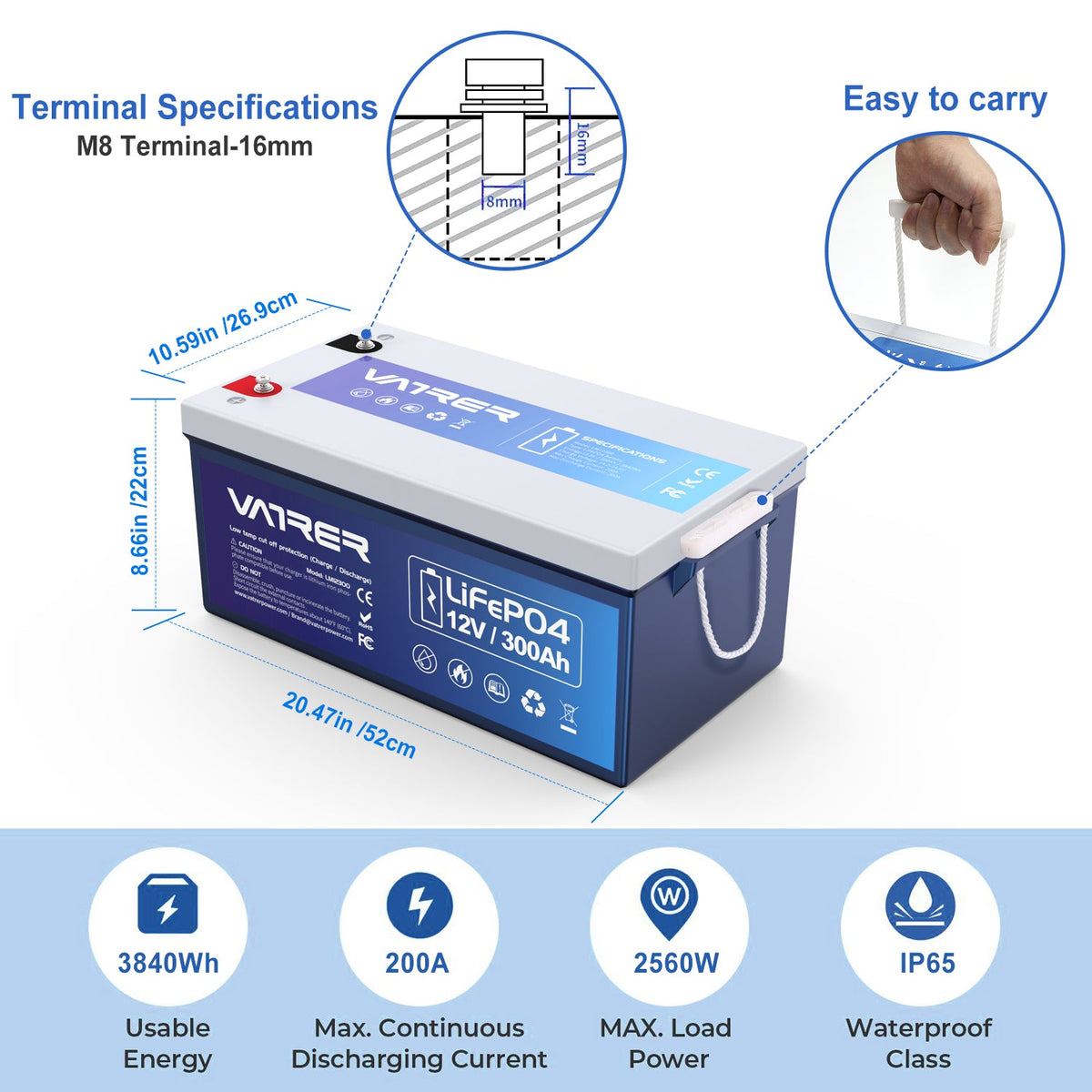Introduction
Lithium batteries have revolutionized the world of portable electronics and electric vehicles, offering high energy density, long cycle life, and lightweight characteristics. However, despite their numerous advantages, they are not without their challenges. In this article, we will explore the biggest problem associated with lithium batteries, focusing on different types and their respective limitations. By understanding these challenges, we can pave the way for future improvements and advancements in battery technology.
Lithium-Ion Batteries
Lithium-ion batteries (Li-ion) are the most widely used type of lithium batteries. Their main challenge lies in their inherent flammability and risk of thermal runaway. The electrolyte used in Li-ion batteries is typically volatile and can ignite under certain circumstances, leading to fires or explosions. Although significant safety measures and safeguards have been implemented, safety concerns persist, especially in high-capacity applications such as electric vehicles.
Lithium Iron Phosphate Batteries
Lithium iron phosphate (LiFePO4) batteries are known for their superior safety compared to Li-ion batteries. They exhibit excellent thermal stability, reduced risk of thermal runaway, and improved lifespan. However, their major drawback is their lower energy density. LiFePO4 batteries have a lower specific energy compared to other lithium battery chemistries, resulting in reduced capacity and overall performance. This limitation makes them less suitable for applications where weight and size constraints are critical.
Lithium Polymer Batteries
Lithium polymer (Li-poly or LiPo) batteries offer flexibility in terms of design and packaging, making them popular for slim and compact devices. However, their biggest challenge is associated with their sensitivity to overcharging and over-discharging. If not properly managed, Li-poly batteries can experience swelling, leakage, or even thermal runaway. Additionally, they require specialized and precise charging circuits to prevent damage or performance degradation, which adds complexity and cost to their implementation.
Lithium-Sulfur Batteries
Lithium-sulfur (Li-S) batteries have gained attention as a potential alternative to overcome the energy density limitations of Li-ion batteries. However, they face significant challenges related to their short cycle life. The sulfur electrode undergoes chemical reactions during charge and discharge cycles, resulting in the degradation of the electrode structure and reduced capacity over time. This limits their practicality in applications that demand long-term reliability and durability.
Conclusion
While lithium batteries have revolutionized the energy storage landscape, it is important to acknowledge the challenges associated with their different types. From the flammability concerns of Li-ion batteries to the energy density limitations of LiFePO4 batteries, and the sensitivity of Li-poly batteries to overcharging, each type has its own set of limitations that need to be addressed for further advancements. Future research and development efforts should focus on enhancing the safety, energy density, lifespan, and overall performance of lithium batteries to overcome these challenges. By doing so, we can unlock the full potential of lithium battery technology and continue to power the world with reliable, efficient, and sustainable energy storage solutions.


